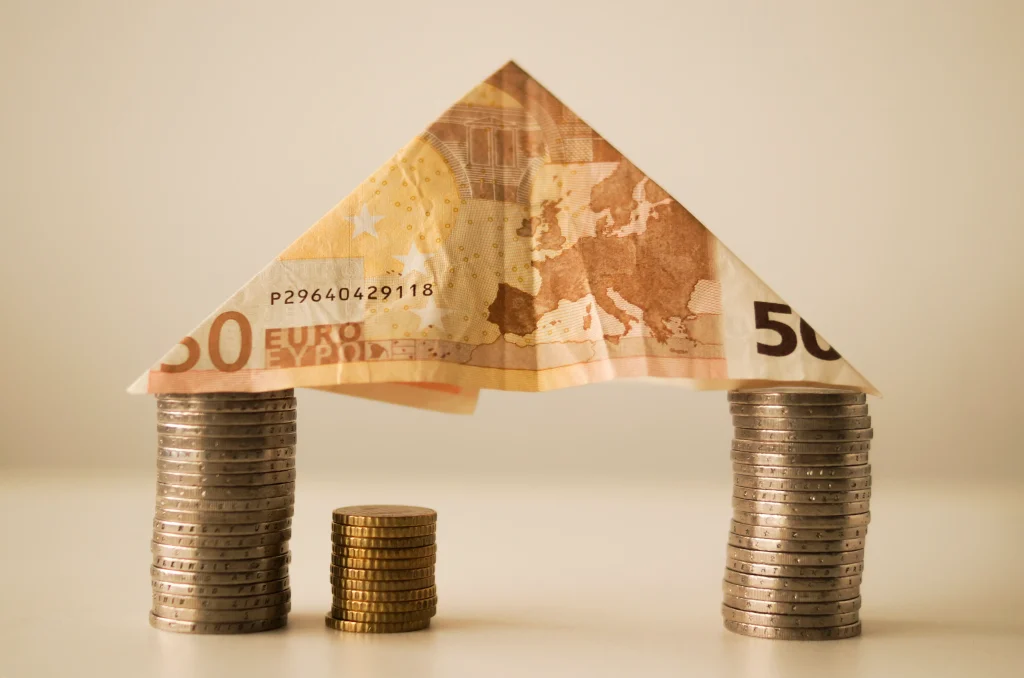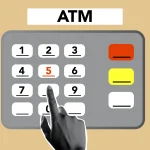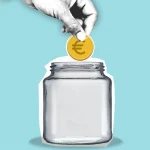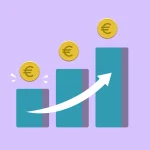As Index writes, what most of the complaints have in common is the rounding up. So, for example, if something cost HRK 13, it is possible that someone “rounded” it to two euros, which is significantly more expensive.
A group was opened on Reddit yesterday, where hundreds of people write about price increases and give examples. “Men’s haircut at a local hairdresser cost HRK 60. I came a couple of days ago. He said he would round up to 10 euros to make it easier for both of us,” wrote one user. “Coffee with milk in the cafe where I’ve been going all my life jumped from 12 to 15 kunas,” wrote another.
Index received photos from shops by users claiming that the same things cost significantly less just two days ago. Index is currently working on verifying those allegations.
>> If you suspect an unjustified increase in the price of a product or service, contact them at desk@index.hr
Prime minister’s meeting yesterday
Yesterday afternoon, Prime Minister Andrej Plenković convened a meeting with competent ministers and inspection authorities.
As the Prime Minister stated in a message published on Twitter, he held a meeting with competent ministers and representatives of the Tax Administration, Customs Administration, and the State Inspectorate related to further activities to protect consumers from unjustified price increases.
“The introduction of the euro is not a reason to increase the prices of goods and services,” said Plenković.
Filipović called an urgent meeting.
At Plenković’s meeting with the ministers and the heads of the Tax Administration, Customs Administration and the State Inspectorate, it was agreed that Economy Minister Davor Filipović would invite representatives of retail chains to the meeting.
The meeting, unofficially confirmed to Index by a source close to the government, should be held today.
“The consumer must not be in a worse position than they would have been if the euro had not been introduced.”
What is considered an unjustified price increase that caused Plenković to react? Here is what is written on the official government website Euro. hr.
“According to the principle of consumer protection, it follows that the consumer must not be in a less favourable financial position than he would have been if the euro had not been introduced. As in all other situations, in the period of dual pricing, it is necessary to correctly and accurately apply the rules of conversion and rounding, which means that the price must be correctly calculated and stated, i.e. the informative calculation in the currency that was or will be official must accurately reflect the price charged to the consumer and must not be rounded up or down.
The ratio of expressed prices in kuna and euro must correspond to a mathematical operation, i.e., the rules of conversion and rounding by applying a fixed conversion rate in its full numerical amount.”
“The mere introduction of the euro must not be and is not a justified reason for increasing product prices.”
The page states that this means explicitly that from the beginning of the period of mandatory dual pricing until the day of the introduction of the euro, for the purpose of informing consumers, the price charged in kuna must be recalculated and displayed in euros, with the correct application of the fixed conversion rate and the rules for recalculation and rounding.
The key principle of the introduction of the euro is consumer protection, and the consumer must not be in a financially less favourable position than he would have been if the euro had not been introduced. The mere introduction of the euro must not be and is not a justified reason for increasing product prices,” the EURO HR website concludes.
Knežević: People complain the most about coffee price increases
Index asked the president of the Consumer Protection Association, Ana Knežević, what information she had about price rounding and the resulting price increases.
“We have concrete information; people are calling and complaining. The highest price increases are around coffee. We received a report that in one place coffee is two kuna more expensive because of this rounding of prices,” Knežević told us.
“This happened in all the countries that entered the eurozone; we saw it in Slovenia, Austria, Italy… We warned that Croatia would not be an exception. In the mentioned countries, too, coffee prices changed the most. In our country, we now see that there were price increases in bakeries as well”.
For more, make sure to check out our dedicated Lifestyle section.












